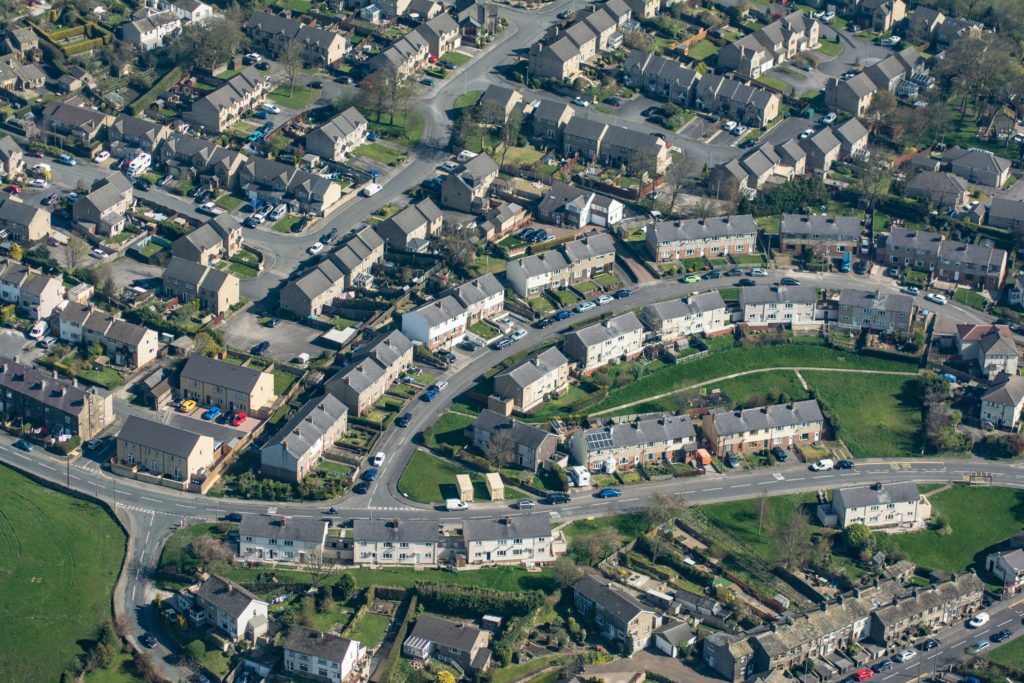

With the Welsh Governments’ plans to reform Section 21
and with Boris Johnson banning Landlords from evicting tenants during the
coronavirus, we look at what rights Landlords have to evict a tenant from a
property in Wales…
The Current Rules
You can evict tenants who have an assured shorthold
tenancy using a Section 21 or Section 8 notice, or both.
Section 8 can be used if your tenants have
broken the terms of their tenancy. You can give them notice by completing a ‘Notice seeking possession of a property let on an assured tenancy
or an assured agricultural occupancy’.
The notice you have to provide will vary based on what terms they have broken, but it can be anywhere from 2 weeks and 2 months.
You can also apply to the court for a
possession order if your tenants do not leave by the date specified
on the notice to evict.
Section 21 is called Section 173 in Renting Homes (Wales) Act 2016.
You can evict a tenant using a section 21:
- after a fixed term tenancy ends – if there’s a written contract
- during a tenancy with no fixed end date – known as a ‘periodic’ tenancy
You cannot use a Section 21
notice in Wales if:
- the fixed tenancy term has not ended (unless there’s a clause in the contract which allows you to do this).
- the tenant has lived in the property for less than 4 months.
- the property is classed as a HMO and does not have a HMO licence from the council.
- the tenancy started after April 2007 and the tenant’s deposit is not being held with a tenancy deposit scheme.
- the tenancy started after November 2016 and you do not have a landlord license.
To evict a tenant in Wales under section 21, you must explain
in writing that you are serving an eviction notice to the tenant and provide
them with a minimum of 2 months’ notice to leave the property.
The Coronavirus Bill
Due to the COVID-19 pandemic, many renters have found themselves unexpectedly out of work and therefore unable to pay their rent. As a result, the Prime Minister, Boris Johnson, has increased the time period required to serve an eviction notice to tenants from two months to three.
So, for as long as the UK is affected by the Coronavirus,
landlords will need to provide three months’ notice to tenants.
The tenant will still be required to pay their rent and
the normal rent arrears rules apply during this time – which runs the risk of
many tenants building up huge debts to their landlord with no means to pay
them.
Given that it’s a tough time all around, Landlords have been encouraged to work with their tenants to come up with a fair solution for both parties.
Amendments to Section 21 in 2020
In 2019, Welsh housing minister, Julie James AM, announced plans to extend the Section 173 (the equivalent of Section 21 in England) notice period from two to six months.
The bill also
means that landlords cannot evict a tenant within the first six months of their
tenancy, this means it will be a year in total before a landlord is able to
repossess their property – which could cause huge problems for landlords.
It’s vital that Landlords protect themselves by taking every precautionary measure to vet their tenants as best as possible.
The changes to the Renting Homes (Wales) Act 2016 will take place within
this assembly term and are likely to come into action by May 2021.




